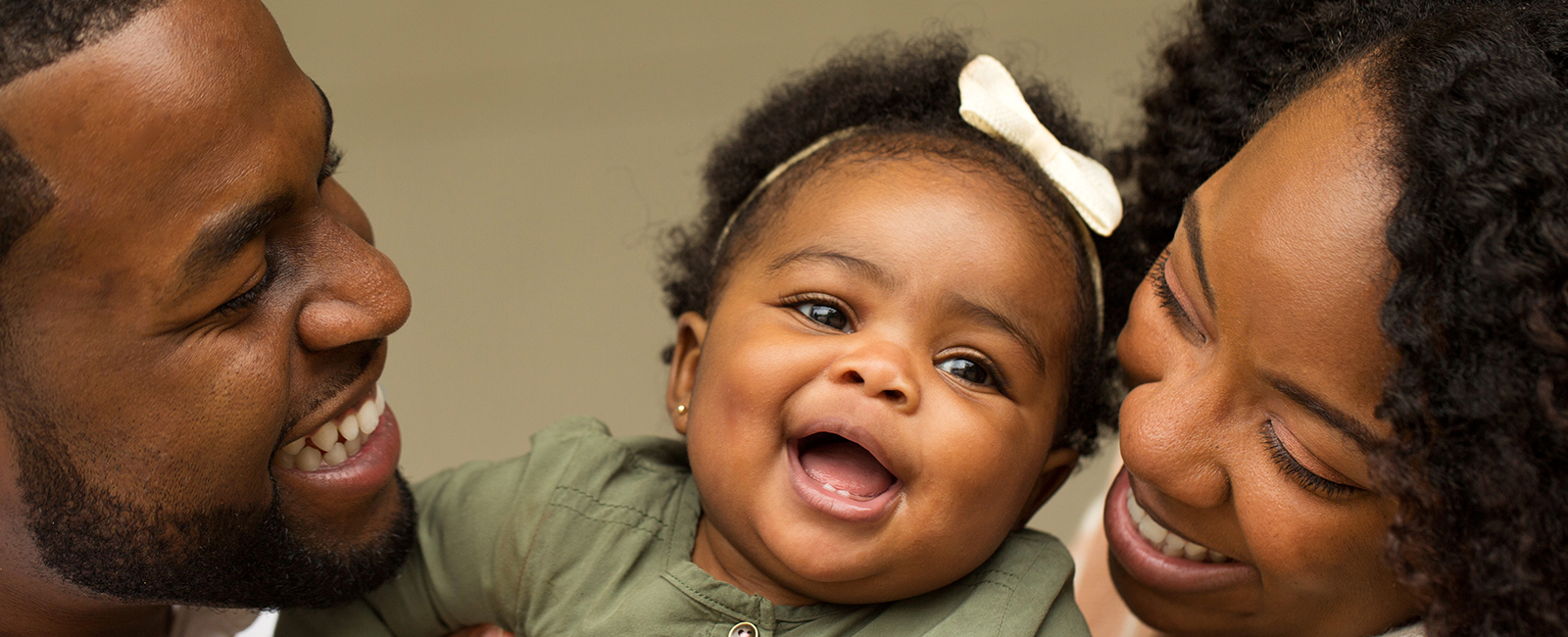This time of year is often filled with excitement, celebrations, friends, family and stress. As we move beyond the “normal” of the past two years, many of us are now returning to the joys (and challenges) of in-person gatherings and the difficulties they involve. To help keep the holiday season as enjoyable as possible, it’s important to proactively check-in with yourself and your family and formulate a plan of how to navigate the season.
Reflect on Your Holiday Expectations
Taking a moment to think about what your expectations are for this season will give you, and your family, the opportunity to identify stressors and come up with a game-plan of how you can react to them. This reflection can also help you decide, and prioritize, what really matters to you. Considering your holiday wants and needs can also help manage your, and your family’s, expectations, and make compromises, to balance the demands of this season.
Acknowledge Your Feelings
If you experience some anticipatory stress during your reflection, delve deeper instead of brushing it aside. It’s not unusual for a parent to feel obligated to “keep it together for the kids” or the family, deciding instead to put off those stressful or negative feelings saying, “I’m going to think about that later.” Procrastinating with one’s own needs and self-care not only compounds upon stressful situations but models unhealthy emotion regulation and methods of coping to our family and kids. Although unintentional, this behavior ultimately encourages others to develop similar methods for handling their own stress and “big emotions.”
As a parent or caregiver, if you sense stress during your own reflection time, it’s a good idea to check in to see how your kids are doing as they may be experiencing stress as well. Communicating during tumultuous times of the year is vital to not only ensuring children feel supported and heard but is a great model of healthy coping and relational interaction.
Create a Holiday Plan
Once you’ve identified your apprehensions and stressors you can formulate and write down a holiday plan. This tool will help prioritize your well-being by giving you ideas and methods that you can use when you encounter the stressors you identified during your initial reflection or any of those overwhelming moments that often pop up during this season.
Take a few moments to consider, ahead of time, what healthy coping mechanisms you can use to self-soothe. It can be as simple as a few minutes, alone, in the bathroom deep breathing, or allowing yourself to take an afternoon (or even a few minutes) vegging in bed. Whatever your plan, having a go-to healthy response to stress can help with decision-making and is a great model for the entire family about how moments of “big emotions” or stress can be planned for, not just reacted to.
Tips for Creating Your Action Plan
- Consider your needs, wants, and how your support network can assist.
- Pick self-soothing techniques that work for you. We don’t all find the same things soothing or relaxing and that’s ok.
- Share your plan to inform them about what you need and inspire your family to share their needs and concerns too. Remember to help children use their feeling vocabulary and provide them reassurance as needed.
- Model what you are asking your family to do. Showing your children, and family, the process you’ve used to help yourself prepare for the stresses of the season is teaching a vital skill that can be used long after the last of the wrapping paper is thrown away.
- Check out this Emotional Safety Plan to help you start or search for other examples online. There are many different styles and plan structures.
Remember, it’s important to do things daily that foster well-being which helps to create healthy buffers to stress and big emotions. Be mindful to weave positive feelings like joy and gratitude into your life. These moments can add up to create long-lasting well-being for you while modeling healthy behaviors for your children and family. This season is busy which makes it even more important to leave room to care for yourself and, by extension, your family.
For children who have experienced trauma, it is vitally important for them to feel safe and loved. By creating an emotional safety plan together, it can help nurture and strengthen their sense of safety, acceptance, and belief that their feelings and thoughts are heard and matter.
For more information about additional ways to provide children and teenagers who have experienced trauma with the skills and resources needed to build healthier, successful futures check out NVFS’ Youth Initiatives program. Our English/Spanish services include individual and group mental health support for Northern Virginia children and families where and when it’s convenient for them.


